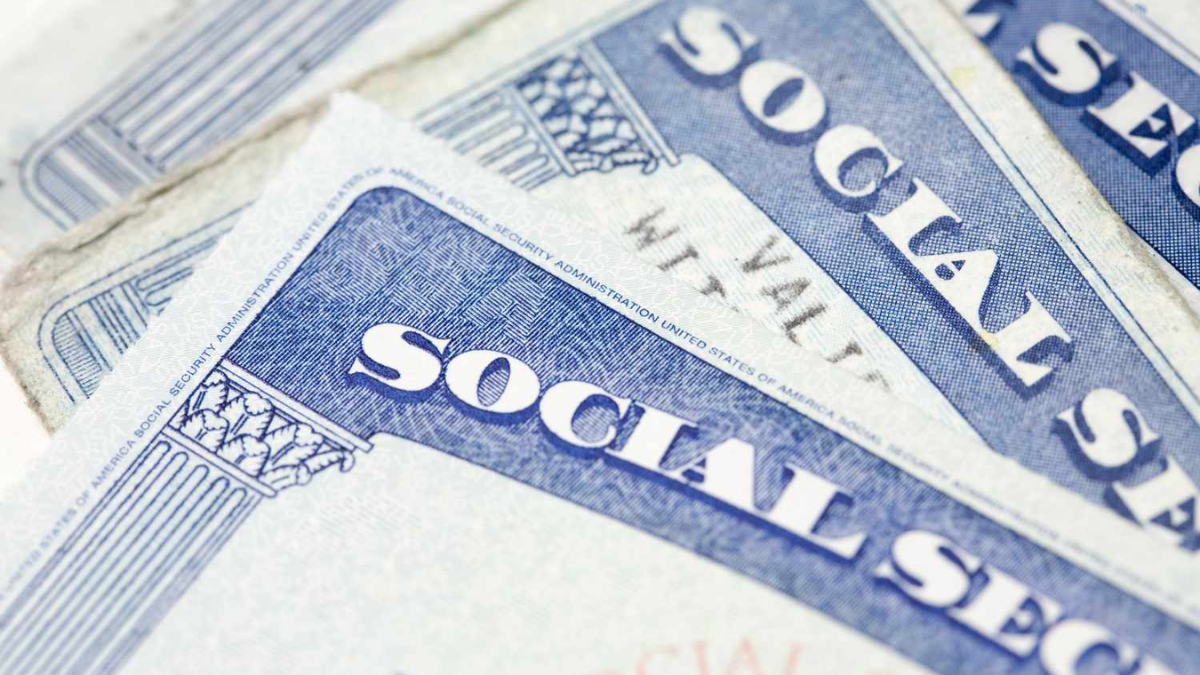Social Security benefits serve as a financial lifeline for millions of retirees, disabled individuals, and survivors. However, if you have outstanding debts, you may wonder whether they can impact your monthly Social Security payments. While certain debts do not directly affect your benefits, others—especially those owed to the government—can lead to garnishment. Understanding how debts interact with Social Security can help you protect your financial stability.
Can Creditors Garnish Social Security Benefits?
Social Security benefits are generally protected from private creditors, such as credit card companies, medical debt collectors, or payday lenders. Under federal law, these benefits cannot be directly garnished to satisfy most consumer debts. However, once the funds are deposited into your bank account, they could become vulnerable to debt collection efforts, particularly if your bank account is not set up to protect exempt income.
The best way to safeguard your Social Security funds is to ensure they are deposited into a separate account exclusively for those benefits. This way, banks can identify and protect them from garnishment in compliance with federal regulations.
Debts That Can Lead to Social Security Garnishment
While private creditors cannot directly seize Social Security payments, the government has the authority to garnish benefits for specific types of debts. These include:
- Unpaid Federal Taxes – The IRS can garnish up to 15% of your Social Security benefits through the Federal Payment Levy Program (FPLP) to recover unpaid federal tax debts. Unlike other garnishments, this process does not require a court order.
- Defaulted Student Loans – If you have federal student loans in default, the government can withhold up to 15% of your benefits to recover the debt. However, Social Security payments cannot be reduced below $750 per month under this program.
- Unpaid Child Support and Alimony – If you owe child support or alimony, your Social Security benefits can be garnished based on state laws and court orders. In some cases, up to 50-65% of your monthly benefits may be withheld.
- Overpayments from Social Security or Other Federal Agencies – If you received Social Security overpayments, the SSA can reduce your future benefits to recover the debt. This can happen without a court order, and the reduction may continue until the full amount is repaid.
What Happens If You Don’t Prove That You Paid Off Your Debts?
If you fail to provide proof of debt repayment, the consequences depend on the type of debt:
- For Private Debts: Since private creditors cannot garnish Social Security directly, failing to prove debt repayment does not impact your benefits. However, if they obtain a court judgment, they could attempt to freeze or seize funds from your bank account.
- For Government Debts: If you do not show proof that you have repaid outstanding federal debts (such as taxes, student loans, or Social Security overpayments), garnishment may continue. You could also face additional interest, penalties, and potential legal action.
- For Child Support and Alimony: Courts typically require proof of payment to stop wage garnishments. If you do not provide this proof, the court may continue withholding Social Security funds and could impose further legal consequences.
How to Stop or Reduce Garnishments on Social Security
If your Social Security benefits are being garnished due to unpaid debts, you have several options to address the situation:
- Request a Hardship Reduction – If garnishment causes significant financial hardship, you may be able to request a lower garnishment amount or temporary relief. For example, individuals facing student loan garnishment can apply for a hardship waiver through the Department of Education.
- Negotiate a Payment Plan – Some agencies, including the IRS and Social Security Administration, may allow you to set up a payment plan to pay off debts in smaller, manageable amounts.
- File an Appeal – If you believe the garnishment is incorrect or unfair, you can file an appeal with the agency responsible for collecting the debt. You may need to provide financial documentation to support your case.
- Seek Legal Assistance – If your Social Security benefits are being wrongfully garnished or you are facing aggressive debt collection tactics, consulting a financial advisor or attorney may help you protect your rights.
How to Protect Your Social Security Benefits from Debt Collectors
To minimize the risk of losing part of your benefits due to unpaid debts, consider these preventive steps:
- Keep Social Security Deposits Separate: Use a dedicated account for Social Security deposits to make it easier for banks to identify and protect these funds.
- Monitor Your Benefits Statement: Regularly check your Social Security statements for any unauthorized deductions or errors.
- Resolve Federal Debts Promptly: Address federal debts early to avoid garnishments that could reduce your monthly income.
- Know Your Rights: Familiarize yourself with debt collection laws, including the Fair Debt Collection Practices Act (FDCPA) and Social Security protection laws.
Conclusion
While Social Security benefits are largely protected from private creditors, unpaid government debts, child support, and alimony can result in garnishments. If you do not provide proof of debt repayment, deductions from your benefits may continue, potentially impacting your financial well-being. Staying proactive by negotiating payment plans, seeking hardship reductions, and understanding your legal rights can help you protect your Social Security income.
For more information on Social Security garnishments and protections, visit the Social Security Administration’s official website at www.ssa.gov.
Disclaimer – Our team has carefully fact-checked this article to make sure it’s accurate and free from any misinformation. We’re dedicated to keeping our content honest and reliable for our readers.







